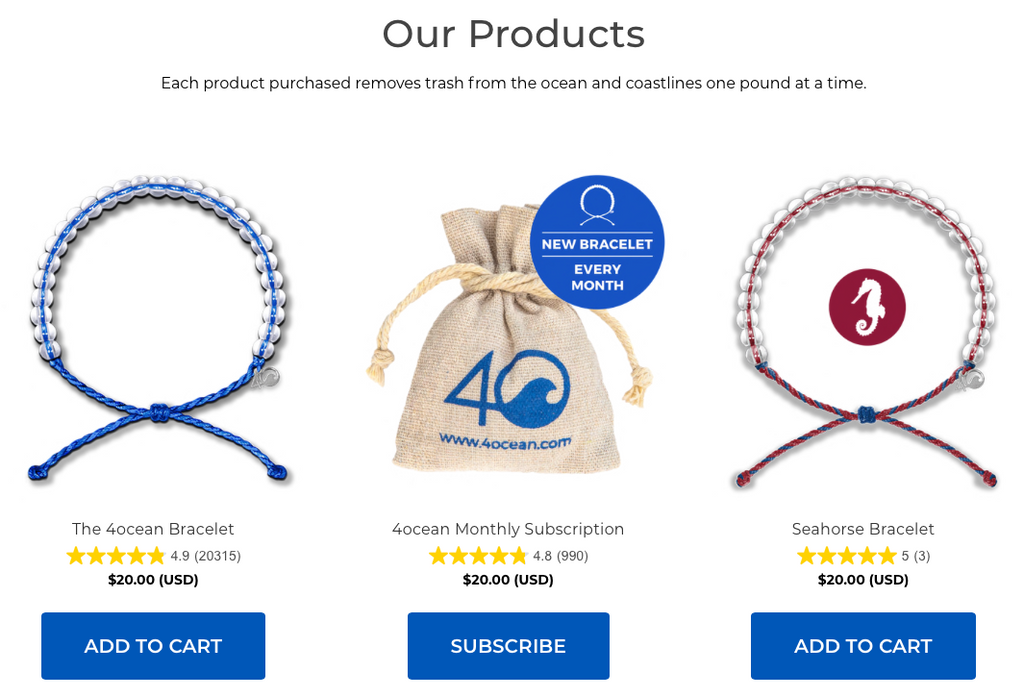For millennia, people around the world have needed bags to transport goods and foodstuffs from their place of purchase, or trade, to their homes. In more simple times, these bags were made from things like leather, cloth, burlap, or even woven papyrus. Sometimes they were packed on horses or mules traveling many miles and then used again the next time. Sturdy, durable, and reusable...they were on to something.

With the rise of the country store, the combination store, the grocery store, and eventually the supermarket, people wanted more convenience and didn't want to think about how much food they could buy based on the capacity of their bags. In 1883, Charles Stilwell patented the "Self-Opening Sack," better known today as the paper grocery bag. This was a game-changer for grocery stores because they could be produced cheaply and made it easier for their customers to purchase goods on the fly.

At a chemical plant in 1933 Northwich, England, polyethylene plastic was discovered by accident. Destined to become the most popular type of plastic in the world, it took an additional five years to replicate the chemistry so that it could be produced on an industrial scale. The Pandora's Box was opened and the consequences of this discovery, both good and bad, were released onto the world.
It wasn't until 1965 that the popular one-piece polyethylene shopping bag we all know was designed by engineer Sten Gustaf Thulin and patented by a Swedish company, Celloplast. Surprisingly enough, it wasn't until 1979 that these bags made their way from Europe to the United States. Widely introduced by a mass marketing blitz from the large plastic companies, it paid off for them in 1982 when two of the biggest supermarket chains, Safeway and Kroger, switched from paper to plastic. Other major chains followed suit and the rest is history.

By 2011, more than one million plastic bags were being consumed every minute around the world. And this year, we will produce an incredible 5 trillion plastic bags globally! Plastic bags are ending up everywhere. Almost anywhere you look these days, you will see a plastic bag somewhere in your field of vision.

Here are some other shocking statistics regarding our use of plastic bags:
- Less than 1% of plastic bags are recycled
- About 10% of all bags produced end up in the ocean
- Placed end to end, this year's production would circle the globe 7 times every hour and cover twice the size of France
- Plastic bags take centuries to decompose
- These bags are broken down into tiny pieces which are eaten by fish and other wildlife potentially causing illness or death
- Over 60 countries have enacted bans or taxes to help curb plastic bag pollution including places like China, Japan, Bangladesh, India, Kenya, Italy, France, Argentina, and Chile...no United States on this list!

So make sure to take reusable shopping bags to the store and say "NO" to plastic bags whenever you can.
At 4ocean, we are on a mission to clean the ocean and coastlines one bag and one pound at a time. Technology that we have helped pioneer as part of the 4ocean Ocean Plastic Recovery campaign will be employed to tackle the problem of ocean plastic pollution head-on. The Ocean Plastic Recovery Vessel will travel to high impact areas in the Caribbean and Southeast Asia, namely river mouths, where millions of pounds of plastic are being emptied into the ocean every year. Our goal is to intercept and collect plastic before it ever has a chance to make it into the ocean. And when you buy 4ocean products, you are showing the world that you are as committed to cleaning the ocean as we are.
Let us know in the comments section below how you feel about the plastic bag bans and what you are doing to curb your own plastic bag usage. Also, make sure to follow us on Facebook, Instagram, and Twitter to stay up to date on all the amazing events, news and products we have in store for this year.



